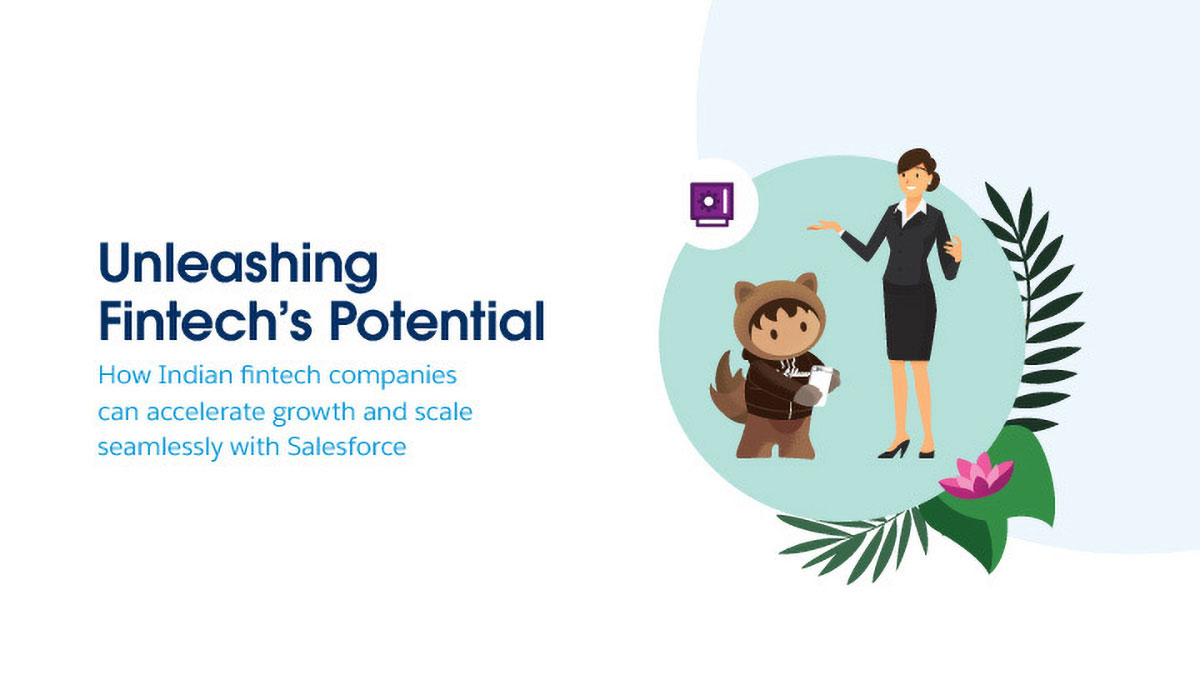COVID-19 was in many ways a turning point for the wealth management industry. Financial advisors and investors were pushed to rethink traditional ways of working, and adopt digital technologies as the new normal.
As I had detailed in an earlier blog post on The 7 Biggest Trends Shaping Wealth Management in India, we believe the future of wealth management will be hybrid - a blend of physical and digital. Clients will still want a human connection - the empathy and understanding that a financial advisor provides. But digital technologies will also be essential -to provide insights and personalisation at scale, and influence revenue growth and customer success.
Take, for instance, CRM technology. The power to see all your clients' investment portfolios and financial goals in one place makes it easier to deliver the right advice. Plus, automated workflows, intuitive task dashboards, event alerts, and other such capabilities can significantly improve employee productivity and efficiency.
Unfortunately, many wealth managers miss out on these benefits due to long-held misconceptions or myths about technology. In our experience, many of these myths are either outdated, or can be resolved.

Data security risks are real. But many cloud solutions for wealth managers come with security and privacy baked deep into their architecture. These controls protect your data against intrusions, while also simplifying compliance with regulatory standards like PCI-DSS.
Even in a multi-tenant cloud, data is generally encrypted both at rest and in transit to minimise the risk of data breaches. Pseudonymisation masks personal data identifiers with fictional values, thus adding another layer of protection. And round-the-clock security surveillance by cloud service providers reduces the stress on internal IT departments.
So, although it may seem intimidating to move sensitive financial information to the cloud, it is possible to build a safe and secure digital environment. Salesforce’s platform infrastructure, Hyperforce, for instance, helps you deploy CRM safely on major public clouds. Based on a zero trust approach, Hyperforce works in the background to keep your data secure and private, so you can focus on finding new clients and growing your book of business.

Digital transformation can feel like a daunting exercise. Why should you disrupt the status quo by replacing long-standing workflows and processes with new technologies?
Well, imagine having tools that allow you to spend more time with clients, while also delighting them with personalised experiences. What if you could organise your team’s workloads better, have client insights available at your fingertips, and map referral networks with ease?
Technology makes all this possible. And it isn’t just for large enterprises. New technologies with hosted plug-and-play models enable even small and mid-sized wealth management firms to design, build, and deliver innovative solutions to customers. Salesforce, for instance, offers startups and mid-sized wealth management firms a number of entry-level CRM solutions to meet their needs. As their business grows, Salesforce grows with them, giving them the scale and agility required to succeed.

In the past, CRMs were like rolodexes -- repositories of contact data -- that were useful primarily to the sales team. But today, these platforms come with multiple capabilities that make them essential operational tools for just about every business function - from marketing and asset management to client service.
Long-lasting client relationships are built on how well you know your clients - and that’s where a CRM makes a difference. It gives you an instant, 360-degree view of client transactional history, household portfolios, key life events and other crucial insights right at your fingertips. This helps you answer your client’s questions faster, and deliver personalised service that keeps them coming back for more.
CRM platforms can also be used to map referrals, segment your book of business, boost marketing performance, and maintain compliance. So, you can move faster and more efficiently to build trusted client relationships.

The trend towards digital wealth management isn’t just being driven by young investors. Older and richer clients also favour digital engagement tools. In fact, equal percentages of Baby Boomers and Millennials (89%) say they’d prefer interacting with their wealth management provider in the future via a mobile app, while 67% of baby boomers say they’d prefer interactions through their provider’s website.
The challenge is to make these digital interactions as simple, convenient, and frictionless as possible. For instance, omni-channel service tools can help you engage with investor clients seamlessly across any channel of their choice – be it a mobile app or WhatsApp. Similarly, a self-service knowledge portal empowers your clients to directly access their portfolios, investor FAQs, and other useful information without having to call their advisors. Small things like these make a big difference to client experiences.
As investor needs evolve, it’s time to challenge traditional assumptions about technology. Digital tools like CRM platforms can actually support working practices, rather than replace them. More importantly, they empower wealth managers with all the data and insights they need to deliver personalised, seamless, and omni-channel investor experiences that drive success.





